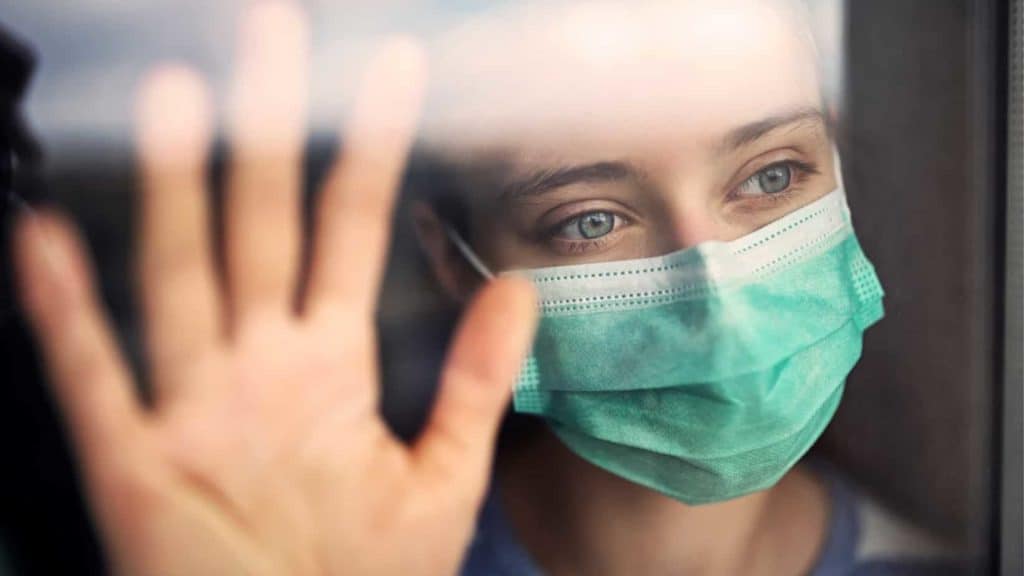This was one of the topics covered during the workshop cycle titled “The Impact of Covid-19 in our lives.”

By Kimberly Batista Romero
Journalism Student
Due to the increase in positive cases of COVID-19 on the Island, we remain on a state of isolation. Working and studying remotely, as well as avoiding trips outside the home, are some of the measures we must take to prevent the spread of the coronavirus, but this could have certain repercussions on mental health.
It is precisely this reality that led to holding the conference titled “Cabin Fever,” which was part of “The impact of COVID-19 in our lives,” the cycle of workshops organized by Sagrado’s Centro Sofía for the benefit of the entire university community.
During the discussion, Ashley M. Rodríguez Delgado, a doctoral student in Psychology at the Ponce Health Sciences University, explained that cabin fever occurs when a person becomes afraid to go out after being in confinement, so he/she decides not to.
According to Rodríguez Delgado, this can cause people to show feelings of insecurity every time they have to go somewhere. In addition, disorders such as hypochondria, anxiety, depression, among others, could arise. It makes people associate the street with danger and perceive our house as a safe place, since the brain has gotten used to the safety of home.
In fact, Rodríguez Delgado shared her personal experience. “I was about to crash my car twice in one day because I could not concentrate on the road, it was giving me anxiety,” she said.
The expert explained that this happens more frequently in people who live alone or have little social interaction during this period of isolation. She also said that it is considered a natural reaction of adaptation to a new normal.
“Anyone is vulnerable to suffering from cabin fever at any time.”
Ashley M. Rodríguez Delgado
Lecturer
However, there are several solutions to manage cabin fever, which include: choosing situations and people that provide tranquility, avoiding conflictive scenarios, designing a daily routine, not using drugs, and seeking psychological help through telemedicine.